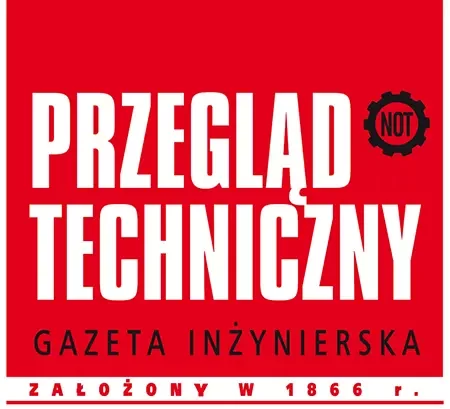A major stir was caused by a dispatch recently published by PAP, in which the Minister of Digital Affairs discussed the progress in implementing EU regulations on artificial intelligence in Poland. Despite the fact that the content of the dispatch indicated that the minister was talking about the position of a leader, not so much in the context of implementing artificial intelligence itself, but rather the regulations governing it, the publication was titled: Krzysztof Gawkowski: Poland is a leader in introducing artificial intelligence. The title did its job – a wave of jokes and quips at the head of the Ministry of Digital Affairs and the technological status of the Polish economy swept across the Internet. Joking about the minister was unjustified, but exaggerated boasting about the pace of implementing regulations on artificial intelligence is probably not a good idea either. Especially since currently, not only are we not a leader in implementing artificial intelligence, but we have a problem at a much lower level – the ability to absorb modern technologies. I mean here primarily the digital skills of society. Recently, the results of a nationwide digital competence test organized by the Digital Poland Foundation were described. Over 17,000 people took part in the test, conducted for the fourth time. What do these competencies look like? – Unfortunately, things are not good. There are still many areas in which Poles should focus on development and expanding their knowledge. Students and adults who took the fourth edition of the nationwide digital competence test scored 50% – we read on the website of the organizer of the survey. As it turns out, the level achieved by Poles in the test has not changed for three years, which means that we are standing still. The skills of younger Poles, who have more to do with the products of digital technology, may also be worrying. In the test, girls correctly answered only 50% of the questions, and boys 54% in the field of basic knowledge and IT skills – we learn from the commentary on the survey results. It is also worth emphasizing that in many groups the weakest results were achieved in the area of cybersecurity. Unfortunately, the test results are not a big surprise. According to Eurostat data from the end of last year, described by Rzeczpospolita, among others, more than half of Poles do not have basic digital skills, which puts us at the bottom of the EU. Is there a chance to improve the results? The previously mentioned minister Krzysztof Gawkowski announced that in the coming years “hundreds of millions of zlotys” will be allocated to programs to improve digital competences. And that is very good – we will be rooting for him. We can only hope that the speed of implementation of EU regulations will not be Poland’s only spectacular success in the field of artificial intelligence.
Andrzej Arendarski, president of KIG





